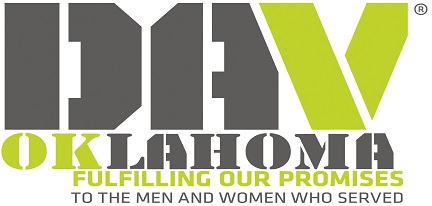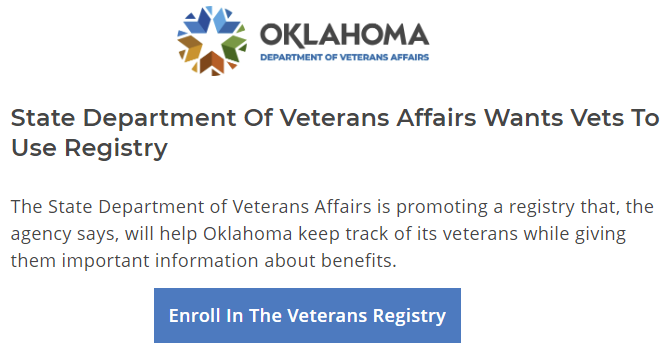Senator Johnny Isakson (GA), Chairman of the Senate Veterans’ Affairs Committee, introduced S. 3089-the Veterans’ Compensation Cost-of-Living Adjustment Act of 2018.
This bill would authorize a cost-of-living adjustment (COLA) for veterans in receipt of compensation and pension, and for survivors of veterans who died from service-incurred disabilities and are in receipt of Dependency and Indemnity Compensation (DIC). The bill would provide an increase by the same percentage as Social Security, effective December 1, 2018.
Receipt of annual COLA increments aids injured and ill veterans, their families, and their survivors to help maintain the value of their VA benefits against inflation. Without COLAs, these individuals, who sacrificed their own health and their family life for the good of our nation, may not be able to maintain a quality of life in their elder years.
DAV strongly supports S. 3089 as it is in accord with DAV Resolution 031. Earlier this year we asked for your support of H.R. 4958-the Veterans’ Compensation Cost-of-Living Adjustment Act of 2018 in the House of Representatives. H.R. 4958 was passed by the House on May 21, 2018. We are now seeking your support of S. 3089.
Take Action Today! Please use the prepared electronic letter or draft your own to urge your Senators to support and cosponsor S. 3089.
As always, we appreciate your support for DAV and your grassroots activism in participating in DAV CAN. Your advocacy helps make DAV a highly influential and effective organization in Washington. Thank you for all you do for America’s veterans and their families.
Take Action




